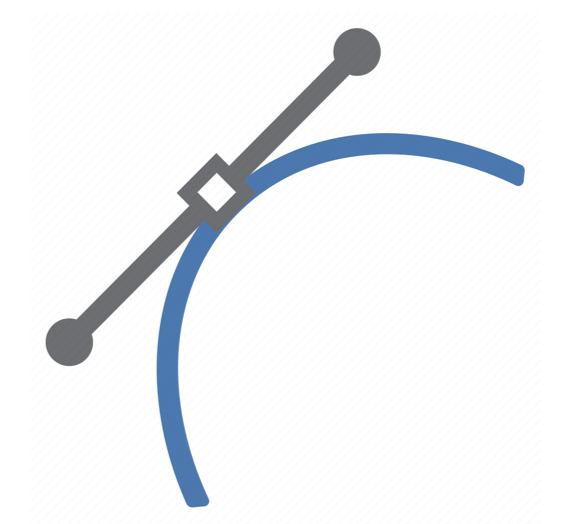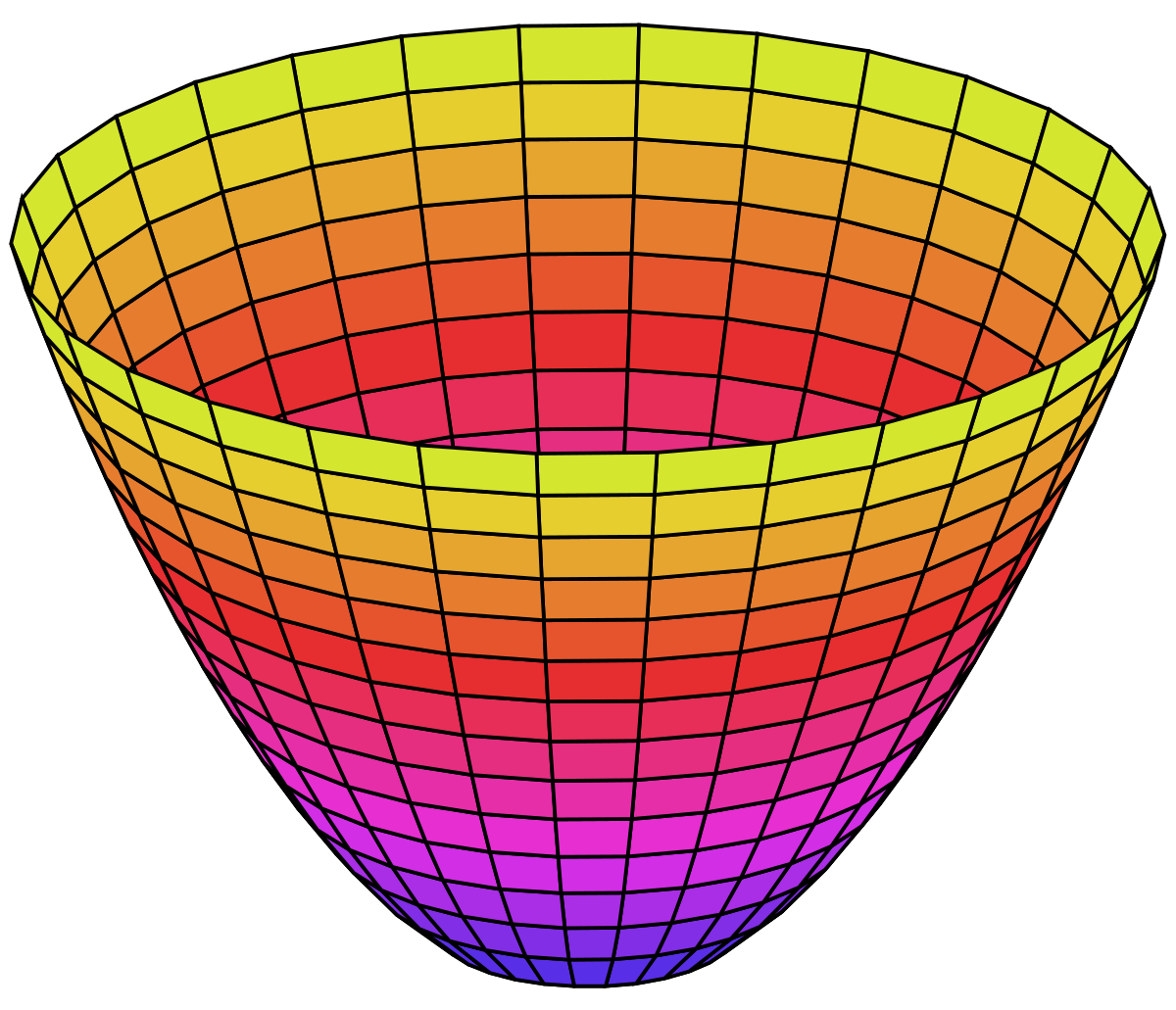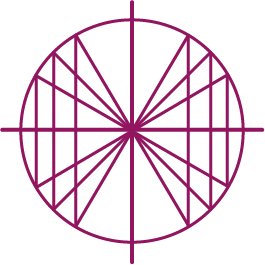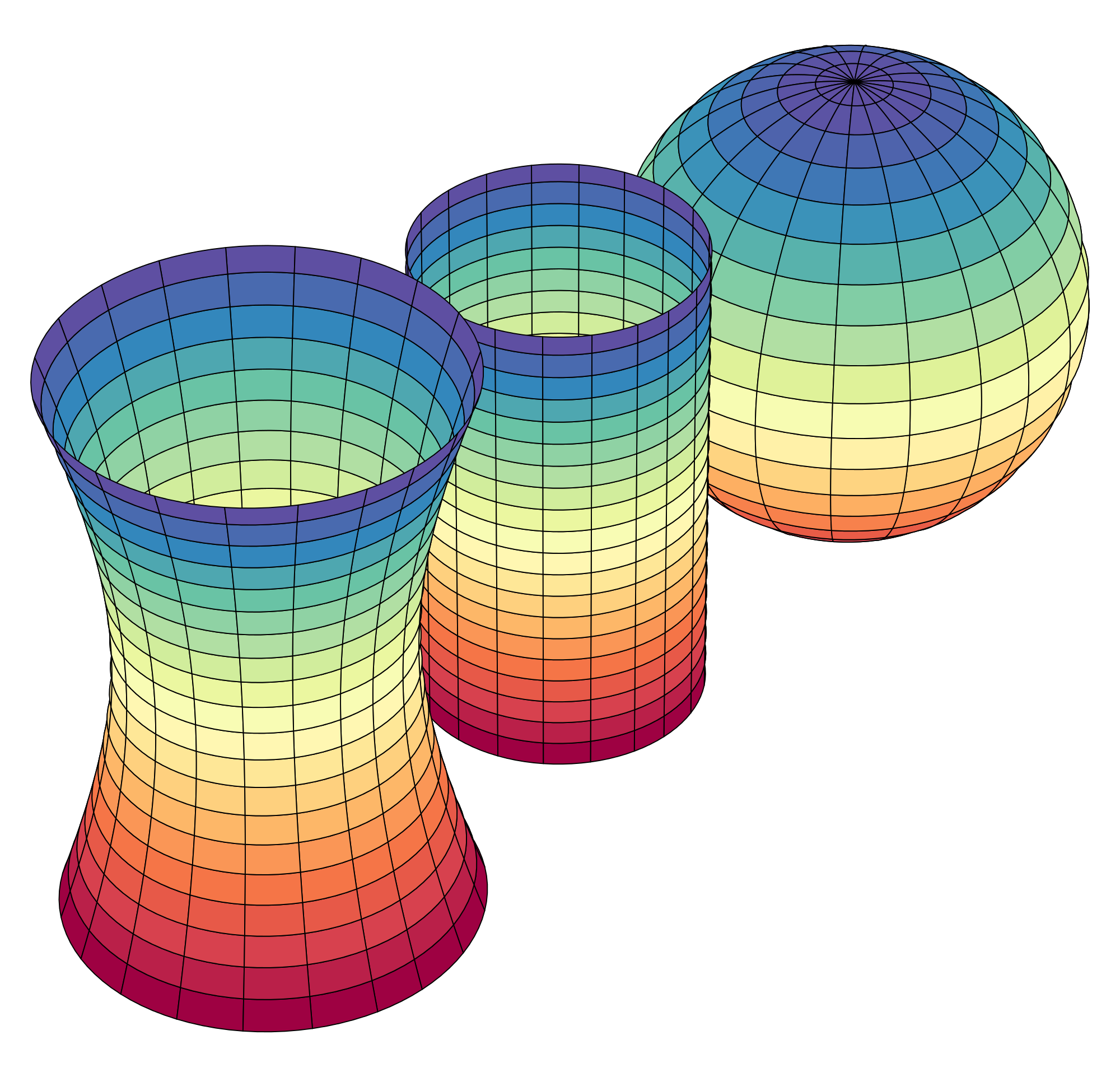Discrete Mathematics Online Course for Academic Credit
| Course Title: | Computational Discrete Mathematics |
| Catalog Number: | DMAT 225 |
| Credits: | 4 Semester Credit Hours |
| Syllabus PDF: | PDF Syllabus for Computational Discrete Mathematics |
| Delivery: | Fully Online, Asynchronous, Self-Paced |
| Click Here to Enroll in DMAT 225 - Computational Discrete Mathematics | |
Roger Williams University Course Catalog Listing: DMAT 225 - Computational Discrete Mathematics
Course: DMAT 225
Course Title: Computational Discrete Mathematics
Transcript Course Title (30 Characters Max:): Comp Discrete Math
Course Description: A single course on discrete mathematics with emphasis on the connections to computer science. Topics include sets, functions, mathematical induction, sequences, recurrence relations, logic, proofs, and introductions to combinatorics and number theory. [4 Semester Credits]
Prerequisite: Successful completion (C- or higher) of Precalculus with Trigonometry or equivalent, or consent of instructor.
E-Textbook: Computational Discrete Mathematics by Skiena/Pemmaraju
Discrete Mathematics and Its Applications by Kenneth Rosen, 7th
Software: Mathematica
PDF Course Syllabus: Detailed Course Syllabus in PDF for DMAT 225 - Computational Discrete Mathematics
DMAT 225 - Computational Discrete Mathematics - Learning Outcomes
- 1. To develop understanding and ability in symbolic logic
- 2. To understand and formulate basic mathematical proofs
- 3. To understand and formulate mathematical conjecture and algorithmic experimentation
- 4. To understand and compute the core concepts of Set Theory
- 5. To develop understanding of introductory Number Theory and Cryptography
- 6. To understand and formulate induction and recursion proofs and computations
- 7. To understand and compute with the Principals of Counting and Recurrence Relations
- 8. To develop understanding of introductory Graph and Tree Theory
DMAT 225 - Computational Discrete Mathematics - Syllabus of Topics
1. Getting Started 1.1. Email and Chat 1.2. Learning About the Course 1.3 Required Hardware 1.4. Software Fundamentals 2. Logical Reasoning 2.1. Propositional Logic 2.2. Equivalences 2.3. Inference 2.4. Introduction to Proofs 2.5. Proof Methods and Strategies 2.6. Conjecture and Experimentation 3. Set Theory 3.1. Sets and Set Operations 3.2. Functions 3.3. Sequences and Summations 3.4. Matrices 4. Algorithms 4.1. Introduction 4.2. Growth of Functions 4.3. Complexity of Algorithms 5. Number Theory 5.1. Modular Arithmetic 5.2. Divisibility 5.3. Primes 5.4. Greatest Common Divisors 5.5. Congruences 5.6. Cryptography 6. Recursion 6.1. Danger in Recursion in Programming 6.2. Induction 6.3. Recursion and Algorithms 7. Counting 7.1. Basics of Counting 7.2. Pigeonhole Principle 7.3. Permutations 7.4. Combinations 7.5. Recurrence Relations 7.6. Divide-and-Conquer Algorithms 8. Relations 8.1. Properties of Relations 8.2. Closure 8.3. Equivalence 9. Graph Theory 9.1. Graphs and Graph Models 9.2. Generating Graphs 9.3. Representing Graphs and Graph Isomorphism 9.4. Connectivity 9.5. Euler and Hamilton Paths 9.6. Graph Coloring 9.7. Trees
Distance Calculus - Student Reviews





Date Posted: Aug 23, 2020
Review by: Sean Metzger
Student Email: seanmetzger78@gmail.com
Courses Completed: Differential Equations
Review: A lifesaver. When I found out I needed a course done in the last weeks of summer I thought there was no way i'd find one available, but this let me complete the course as quickly as I needed to while still mastering the topics. Professor always got back to me very quickly and got my assignments back to me the next day or day of. Can't recommend this course enough for students in a hurry or who just want to learn at their own pace.
Transferred Credits to: Missouri University of Science and Technology





Date Posted: Feb 28, 2020
Review by: Karen N.
Courses Completed: Calculus I, Calculus II
Review: Awesome classes! I was really weak with Calculus, so I retook Calc 1 and kept going into Calc 2. I feel like I finally understood Calculus. The finals were pretty thorough, but not nearly as stressful as the blue book exams. I highly recommend these courses!
Transferred Credits to: Various





Date Posted: Apr 30, 2020
Review by: Hannah J.
Courses Completed: Probability Theory
Review: Probability Theory was a great course. Very very thorough. I thought it would never end :). I was very prepared for my coursework in economics. Excellent refereshher of derivatives and integrals - really forced me to remember that stuff from freshman cal.
Transferred Credits to: Boston University
 Freshman Math Courses
Freshman Math Courses
- Applied Calculus for Business [3 credits] [3CR]
- Applied Calculus for Life Science [3 credits] [3CR]
- Calculus I[4 credits] [4CR]
- Calculus II[4 credits] [4CR]
 Sophomore Math Courses
Sophomore Math Courses
- Multivariable Calculus III [4 credits] [4CR]
- Differential Equations [3 credits] [3CR]
- Linear Algebra [4 credits] [4CR]
- Probability Theory [3 credits] [3CR]
 Honors Math Courses
Honors Math Courses
- Honors Calculus I [5 credits] [5CR]
- Honors Calculus II [5 credits] [5CR]
- Honors Calculus I+II for Data Science [5 credits] [5CR]
- Honors Multivariable Calculus [5 credits] [5CR]
- Honors Differential Equations [4 credits] [4CR]
- Honors Linear Algebra [5 credits] [5CR]
- Honors Linear Algebra for Data Science [5 credits] [5CR]
 Lower Division Math Courses
Lower Division Math Courses
- Precalculus with Trigonometry [4 credits] [4CR]
- Introductory Statistics [4 credits] [4CR]
- Finite Mathematics [3 credits] [3CR]
- Discrete Mathematics [4 credits] [4CR]
 Upper Division Math Courses
Upper Division Math Courses
- Computational Abstract Algebra [4 credits] [4CR]
- Computational Differential Geometry [4 credits] [4CR]

